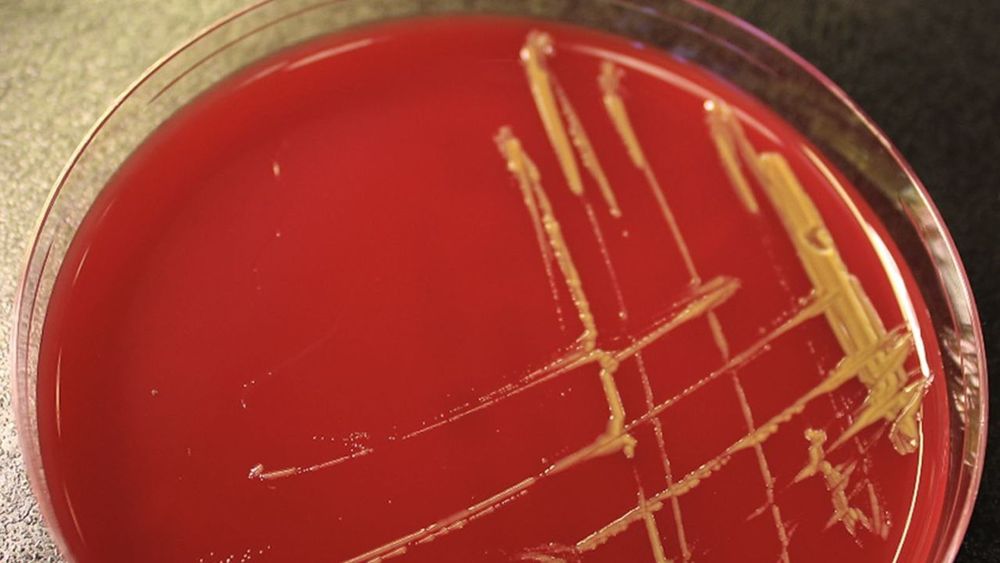In 2016, a mysterious illness spread inside the National Institutes of Health’s Clinical Center, the U.S. government’s most prominent research hospital, in Bethesda, Maryland. Patients were somehow being sickened by an antibiotic-resistant strain of bacteria that practically never causes disease in humans. Two years later, a new study seems to finally have confirmed where this bug likely came from: the hospital’s own plumbing.
During a six-month period in 2016, six patients came down with infections caused by Sphingomonas bacteria. Four of the patients had an antibiotic-resistant strain of a particular species, Sphingomonas koreensis, which was first discovered in some of Korea’s natural mineral water spots in the early 2000s.
Read more
